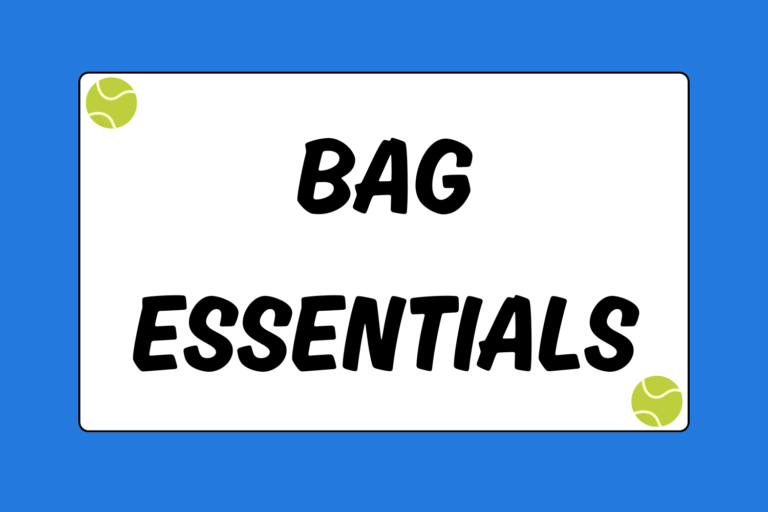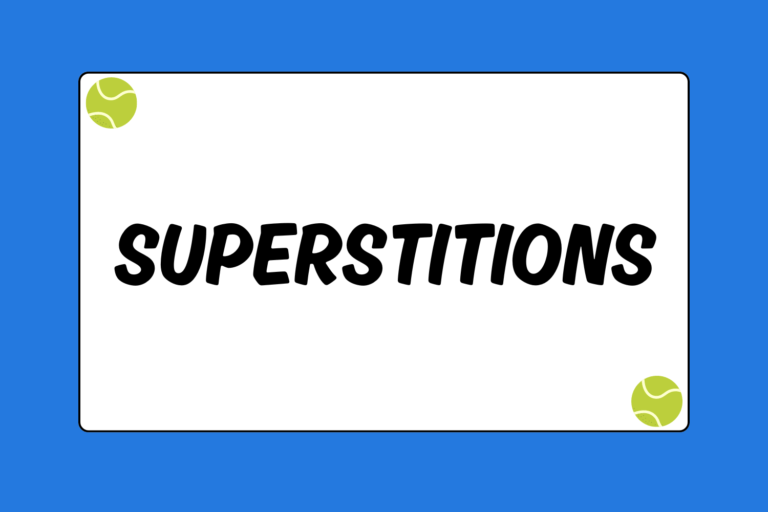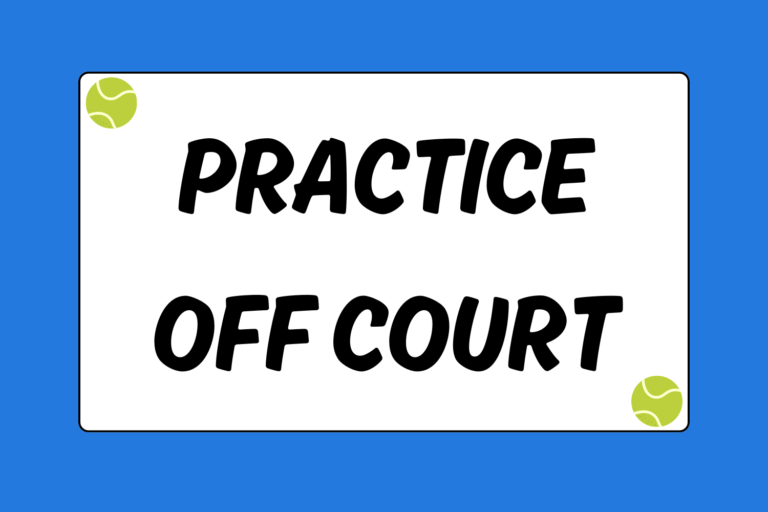Tennis has official regulations that players must abide by, but there are also numerous unwritten rules that are equally important for any novice or serious player to know. Whether you are a recreational player or interscholastic athlete, it’s crucial that you are familiar with tennis etiquette. The last thing players want to do is start an altercation, and you can avoid confrontations if you are aware of the general courtesies and basic rules.
Warm-ups
If you’re playing singles, you should always warm up with your opponent before your match begins. However, this is not the time to practice competitively. For the most part, you shouldn’t hit at full pace and you certainly shouldn’t try to hit winners. Place your shots around the middle of the court so your opponent can easily return the ball without having to hustle around the court.
You should stop the ball and catch it when you’re warming up your serves. Additionally, you should not hit returns unless you warn your opponent and let him know that you’d like to take a few practice service returns. You can warm up with your partner, rather than your competition, if you’re playing doubles.
Ball Management
Players should always keep a tennis ball in their hand, pocket, or ball clip during a match. Even the most patient tennis players despise waiting for their opponent to find a ball to serve. If you notice that your opponent is searching for a ball, take a look around your side of the court. If you find a ball, slowly hit it so that he can easily catch it without having to run around the court.
Try to keep any extra tennis balls against the back fence. Tennis balls are a hazard if they are lying around the court. So, keep them flush against the fence so you can easily pick them up when needed.
Keeping Score
The server should always announce the set score before the start of each game and the game score before each point. State the score loudly and in a clear voice; you do not want to recap each point at the end of the game if there is any confusion. Additionally, announcing the score lets the receiver know that you are ready to begin the next point.
Close Calls
If you cannot clearly tell whether your opponent’s shot is in or out, it’s in. You must be 100 percent sure you’re making the correct call, so the benefit of the doubt goes to your opponent if there’s any uncertainty on your part. To be safe, return all of your opponent’s shots regardless of whether it’s in play, and call the shot out in a clear voice if you know that it’s out.
You should not make calls on your own shots that land on the other side of the court. You have to respect your opponent’s decision and trust that they’re an honest player.
In doubles, you should not call balls wide if you are on the far sideline and your partner is closer to the ball. Most likely, your partner has a better angle to judge whether it landed in or out, so rely on your teammate’s judgment. Similarly, let your partner make the call if you are receiving a serve and your teammate is standing near the service line. He has a better angle to see the ball, and you should trust that he will make the right call.
Behavior & Attitude

Don’t talk in the middle of points. Your opponent may confuse your words and think that you are calling a shot out, so avoid unnecessary conversations. Talking is much more appropriate for a doubles team and is acceptable during a match.
Tempo
Do not deliberately slow the game down. Play at the pace of the server, which is a 10-12 second rest after the last point ended, and look ready. You’re allowed to take 25 seconds in between points, but unnecessary lagging is frowned upon.
Likewise, servers should not rush to start each point, even if they prefer to play at an extremely fast pace. You should re-do the point if the server serves the ball before the receiver is ready. The receiver is out of luck, however, if he claims he was not ready after making an attempt at returning the serve.
Amazingly True Story
Former world number one women’s player Ana Ivanovic was penalized an entire game for taking a bathroom break during the second game of a set in October of 2010. The chair umpire told her to wait until the changeover, but Ivanovic misunderstood the umpire and left immediately.
After returning a few minutes later, Ivanovic was surprised to hear that she had been penalized four points, one for every 20 seconds she went over the allowed time limit. WTA rules specify that bathroom breaks are only allowed during set breaks, and that if a player needs to take one during a set, the break must come before that player’s service game. If it is not done during these times, the player is penalized for not being ready to play.
No worries, however, because Ivanovic cruised through the match 6-3, 6-2. Ivanovic then crushed the remaining players in the field, winning the tournament in Australia and cementing her place among the top women players in the world.
Neighbors
Stop play and re-start the point if a ball from another court rolls onto your court. You should always wait for the players on the other court to finish their point before you return their ball. You can keep the ball against the back fence on your court if you don’t want to interrupt their rally.
Enjoy the Game
Don’t feel uncomfortable or nervous about playing tennis because you’re unfamiliar with the traditional codes of conduct. It’s important that you understand tennis etiquette, but it’s more imperative that you have fun while you’re out on the court. Nevertheless, tennis customs are deep-rooted, so you should understand and familiarize yourself with these unwritten rules over time.





